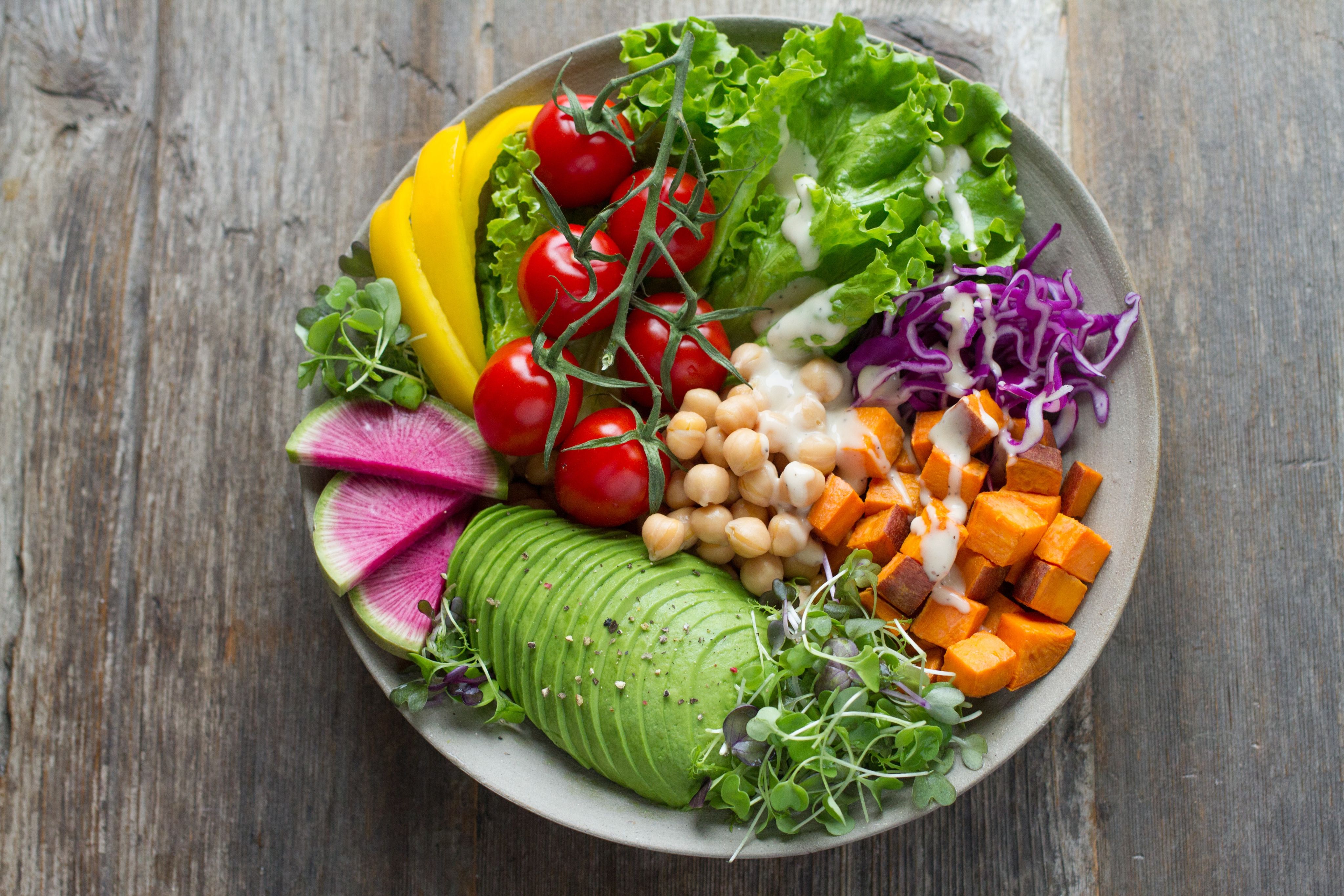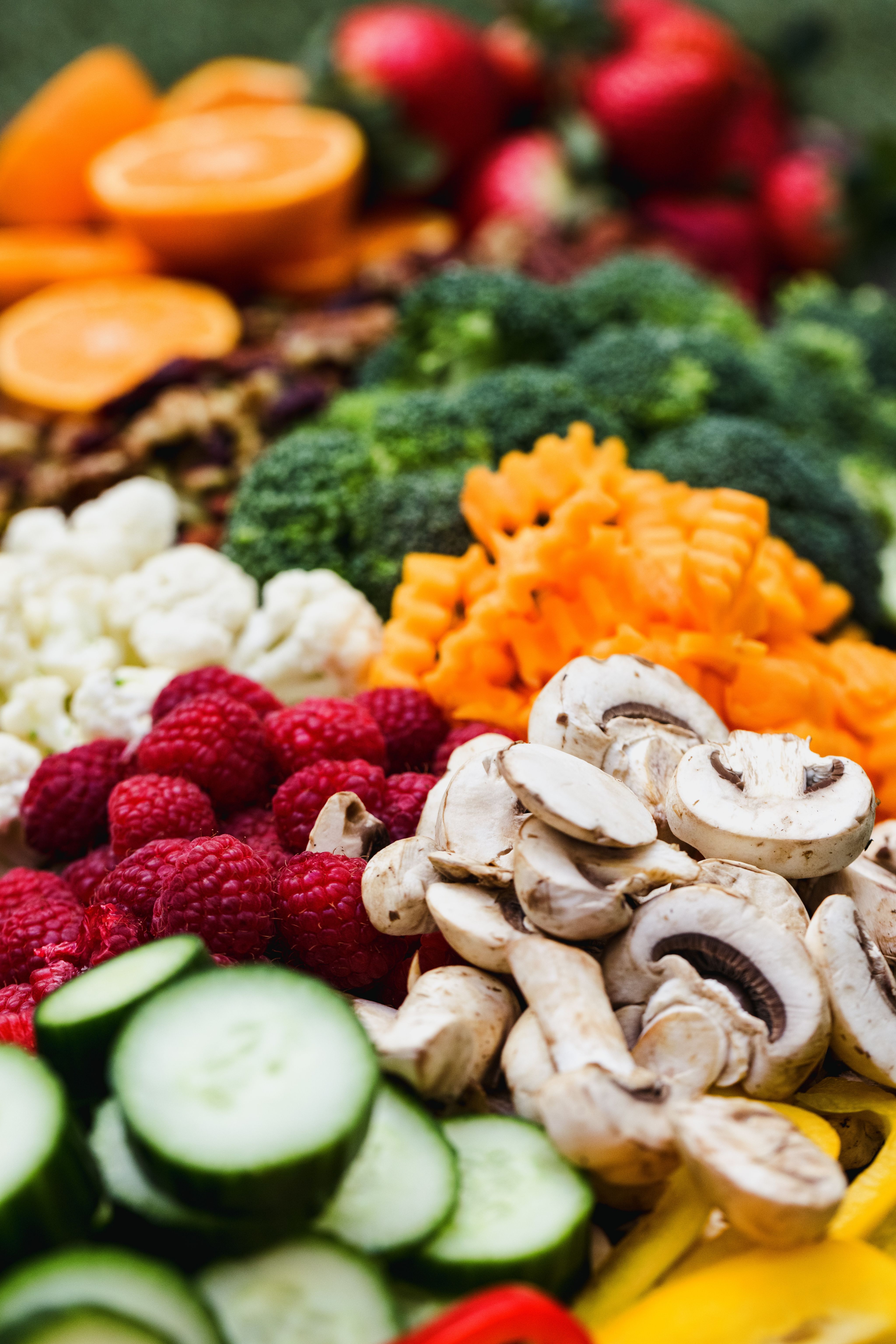Nutrition 101: Fueling Growth in Early Childhood Education

When we think about early childhood education, we often focus on reading skills, play-based learning and emotional development. But there’s another essential element that directly impacts a child’s ability to learn, grow and thrive—nutrition.
Proper nutrition in the early years is more than just a health concern. It’s a cornerstone of development. A child who eats well is more likely to focus, participate actively and meet developmental milestones on time. That’s why understanding the basics of child nutrition is crucial for early childhood educators, caregivers and parents alike.
At Veritas University College, future educators studying Early Childhood Education are trained to recognise the vital connection between nutrition and learning, equipping them to support not only intellectual but also physical and emotional growth in young children.
Why Nutrition Matters in Early Childhood
The early years (ages 0–6) are a period of rapid brain development, bone growth and immune system formation. What children eat during this time directly affects their:
- Cognitive development (attention, memory, learning)
- Physical health (growth, energy levels, immunity)
- Emotional regulation (mood stability, behavior)
- Long-term habits and relationship with food
Malnutrition, or even minor nutrient deficiencies, can impair school readiness and affect a child’s ability to engage and learn effectively. That’s why it’s so important for early childhood settings to incorporate nutrition awareness into their daily routines and curriculum.
Key Nutrients for Growing Minds and Bodies
Educators and parents should be aware of the nutrients most critical for early childhood development. These include:
- Protein: Essential for muscle development and immune function
- Iron: Vital for brain development and energy
- Calcium and Vitamin D: Build strong bones and teeth
- Omega-3 fatty acids: Support brain and vision development
- Fibre: Helps digestion and promotes satiety
- Fruits and vegetables: Rich in vitamins, minerals and antioxidants
Ensuring a balanced diet, with meals that include whole grains, lean proteins, dairy, fruits and vegetables, is key to fuelling both play and learning.
The Educator’s Role in Promoting Healthy Eating
Early childhood educators play a critical role in shaping children’s food habits. Even though they’re not dietitians, their influence during snack time, mealtimes and classroom discussions about food can help children form positive associations with healthy eating.
Educators can:
- Model healthy eating habits
- Integrate nutrition education into activities and play
- Encourage food exploration through cooking classes or garden projects
- Teach mealtime routines and etiquette
- Create inclusive menus that accommodate allergies and cultural dietary needs
At Veritas University College, students pursuing the Diploma in Early Childhood Education are taught how to support holistic child development, which includes nutritional awareness, family engagement and overall child well-being.
Making Nutrition Part of the Learning Experience
Teaching children about healthy food doesn’t need to be boring or clinical. In fact, it can be one of the most engaging parts of the day! Early childhood educators can incorporate nutrition education into:
- Storytelling: Books about fruits, vegetables and healthy eating
- Art and crafts: Making food collages or drawing favourite meals
- Sensory play: Exploring the texture, smell and colour of foods
- Dramatic play: Pretend grocery stores or kitchens
- Group discussions: Talking about how different foods help our bodies grow
By making food education interactive and joyful, educators help children build lifelong curiosity about what goes into their bodies.
Challenges and Opportunities in Malaysia
In Malaysia, rising concerns about childhood obesity and poor eating habits make it even more urgent for early educators to champion nutrition. Urbanisation, processed foods and lack of nutritional awareness in some communities can contribute to imbalanced diets among children.
Programmes like those offered by Veritas University College are uniquely positioned to address these challenges. Students in the Early Childhood Education programme learn about health and nutrition as part of their curriculum—helping them become advocates for healthy development in both urban and rural settings.
Partnering with Families for Better Nutrition
Children’s eating habits are shaped at home and in school. That’s why educators must work closely with families to reinforce healthy eating messages. This could include:
- Sharing simple, nutritious recipes
- Hosting parent workshops or cooking demonstrations
- Encouraging packed meals that follow healthy guidelines
- Respecting cultural food preferences while promoting balance
Nutrition becomes a community effort, and when educators lead with empathy and knowledge, families are more likely to adopt healthy changes at home.
Nutrition is education. A child who eats well learns better, feels better and grows stronger. In early childhood education, supporting proper nutrition is not a “nice-to-have”—it’s a must-have. Whether it’s introducing colourful fruits during snack time or discussing the importance of drinking water, early childhood educators have a profound impact on children’s lifelong health choices. At Veritas University College, future educators are trained to fuel young minds and bodies, one lesson, one meal and one child at a time.
References
- Veritas University College. (2024). School of Education. Retrieved from https://www.veritas.edu.my/education/
- UNICEF Malaysia. (2021). Child Nutrition in Malaysia: Issues and Policy Recommendations.
- World Health Organization (WHO). (2020). Feeding and Nutrition of Infants and Young Children.
- National Institute of Nutrition Malaysia. (2022). Children’s Nutrition Guidelines for Early Years.
- Harvard T.H. Chan School of Public Health. (2023). The Importance of Nutrition in Early Childhood.



